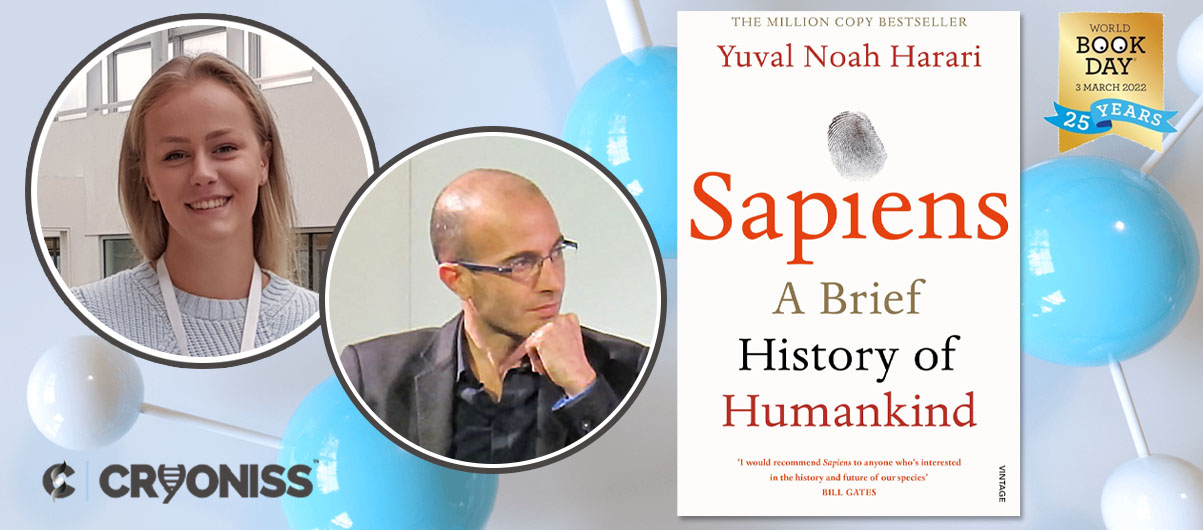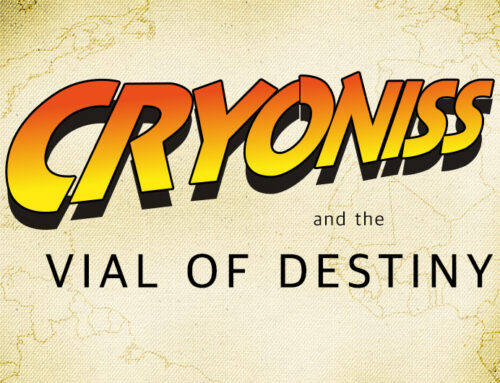Celebrating World Book Day – 3rd March 2022
World Book Day is an annual event to celebrate reading, this year is the 25th anniversary.
World Book Day is traditionally aimed at children, but I know that, at least for me, one of my New Year’s resolutions is always to read more. The theme of this year’s World Book Day is to help bring books to children from disadvantaged backgrounds.
That got me thinking about the book that changed my life and ultimately contributed to guiding my career choices. This book I would absolutely recommend to anyone, (scientific background or not) curious about the history and future of our species.
It is a bookshelf classic- Sapiens by Yuval Noah Harari. Barack Obama described it as “Interesting and provocative, it gives you a perspective of how briefly we’ve been on this earth.”
Everyone knows about evolution. Everyone knows that we evolved from ape-like ancestors into what we are today, Homo Sapiens. Homo meaning human / man and Sapien meaning wise, our species literally translates from Latin to English as- wise man. There are other species of the Homo genus such as Homo Erectus (the first of the genus to walk entirely upright on two feet) and Homo Neanderthal (more commonly known as the Neanderthals), Though what you probably didn’t know is that what we did not evolve in a linear fashion. Interestingly we did not just evolve from one to the other, there was significant overlap between the times in which these species were alive. Each species typically adapted to the region and climate they occupied.
As we evolved into the “wise men” (and women) we are today, we developed culture, religion, art and currency. Humans can only sustain meaningful relationships with approximately 100 people at any one time. But as populations grew to larger than 100 people, how could order and respect be maintained? Traditionally at this point tribes would break off and form new groups to maintain the balance. However, with the dawn of religion, tribes were able to be sustained in much higher numbers due to a mutually shared belief system. The same can be said for todays society, many businesses operate at a much higher capacity than 100 people, sometimes into the hundreds of thousands of people, or in the case of retail giant Amazon, 1.3 million people.
So how do we do this because Amazon certainly isn’t engaging its workers specifically through religious practices? The answer is creation of a separate entity which does not physically exist and can be thought of independent of any physical being. The classic example in the book is the car company Peugeot. The principal is that a company TECHNICALLY doesn’t physically exist. But instead it is a shared belief that the company Peugeot is independent of the original founder Armand Peugeot. So by us all universally accepting the existence of this giant entity, we are able to be coerced into cooperation.
The same can be said for currency. Trade was the original way of purchasing what you needed. But who is to decide how many apples are the equivalent to a yard of silk? And then what happened in a drought or famine where carrots are more valuable than gold? Hence coins were brought into existence as a unanimous measure of value.
These are just a few examples of what we have built from our intelligence and consciousness, and arguably what defines us as the apex predator. It is our intelligence that defines us as a species and when you really think about the structure and systems we have created out of literally nothing, to me it is just incredible.






